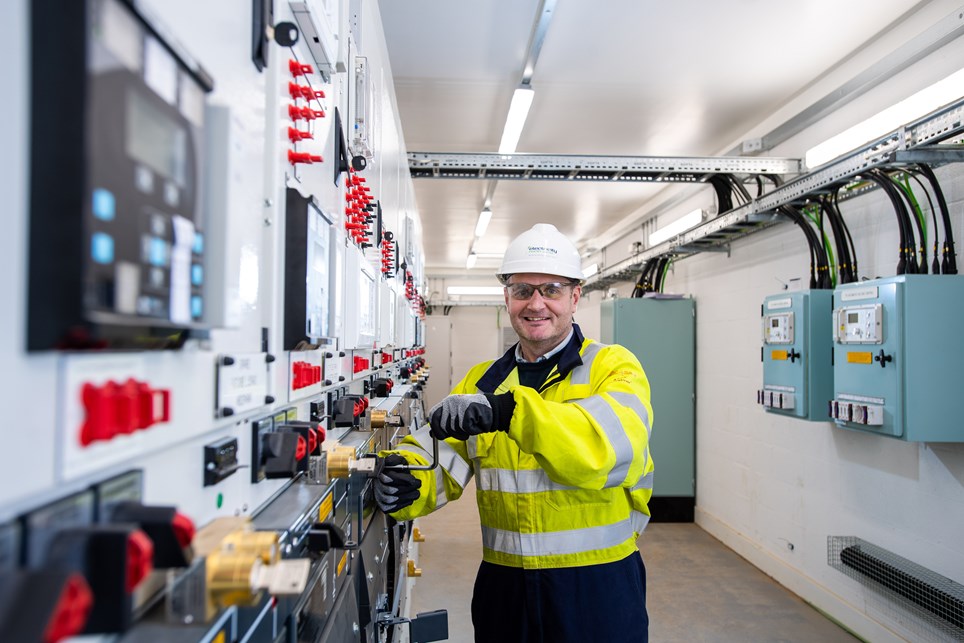Electricity North West is coming to the final stages of its £7milllion scheme to create vital new capacity in South Manchester.
The project includes installing a new 33,000-volt substation and laying 30km of new underground electricity cables that will almost double the network capacity and power the rapidly expanding area around Manchester Airport and Wythenshawe.
The South Manchester Enterprise Zone scheme is set to complete next month with the team now working on the final steps, which includes connecting the new cables to the network.
Neil McClymont, who oversees Electricity North West’s strategic projects, said: “Through economic growth and the adoption of low-carbon technologies, the demand for electricity is expected to gather pace rapidly in the years to come.
“Schemes like this one in Manchester ensure the network has enough capacity for the first steps of that transformation, while also remaining one of the most reliable networks in the UK.”
Sales of electric vehicles have more than trebled in the UK in the past year and as the region looks to hit its net zero carbon targets, shifting to other more sustainable technologies is expected to see peak-time demand for electricity double by 2050.
Kevin Fullerton, Electricity North West project manager, added: “This project is one of many that supports Greater Manchester’s aims to meet a net-zero commitment by 2038.
“By guaranteeing electricity capacity where it's needed we can support economic growth at the same time as meeting the region’s increased demand for electricity as we all move away from fossil fuels and become a cleaner, greener place to live.”
The scheme is one of eight key projects that Electricity North West is embarking on as part of a £25 million investment in creating vital new capacity across the region.
Meanwhile, under the network operator’s Leading the North West to Zero Carbon plan, a further £39 million is being invested to ensure those living and working in the region continue to enjoy one of the most reliable electricity networks in the UK while smoothly transitioning towards a more low-carbon future.


